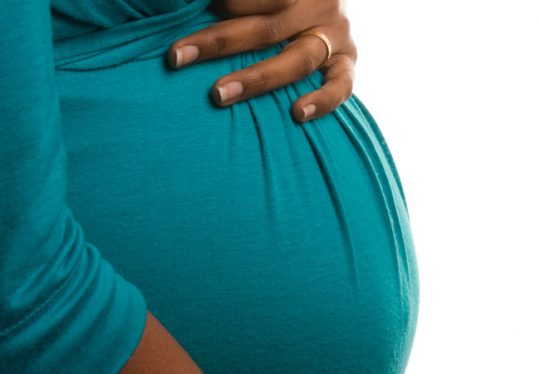
Thanks to incredible innovations made by doctors and scientists, couples facing infertility now have a wonderful array of family building options available to them. Some of these options include IVF, home insemination, and intrauterine insemination (IUI) – all of which have very different costs.
Traditional IVF may be a woman’s first option, but this route may not be possible when the issue stems from the quality of her eggs. Fortunately, donor eggs offer the same amazing benefits of conventional IVF (carrying and giving birth to your baby) while removing the potential egg-related complications.
But what can you expect from the process?
From helping you understand the differences between fresh and frozen donor eggs to highlighting some of the emotions you may face during your fertility journey, we explore the donor egg process below.
1. Finding an Egg Donor
One of the first decisions you’ll need to make is choosing your egg donor. Frozen egg banks offer access to an expansive pool of diverse potential candidates. You can have peace of mind in your choice since all donors must meet rigorous screening criteria before being accepted. You may choose your donor based on shared physical characteristics or opt for someone who possesses admirable qualities you’d love for your child to inherit. The choice is completely up to you.
On the other hand, you may opt to choose a close relative or friend as your donor. While, this may initially provide some comfort, it’s worth exploring how your relationship with your donor will be affected once you have your baby.
2. Choosing Fresh or Frozen Donor Eggs
If you’re using donor eggs to start your family, you’re also given the choice between using fresh or frozen donor eggs. Despite both processes being relatively similar, it’s worth noting the former takes significantly longer than the latter.
Why?
Fresh donor eggs require the synchronization of your cycle and your donor’s cycle. This adds to the overall expense, provides a significantly smaller choice of possible candidates and offers less flexibility when it comes to your cycle start date. Overall, this route can take six months or more to complete.
In comparison, a frozen donor egg cycle can fit into your schedule and happen on your own timeline. There’s no need for cycle synchronization with your donor. Further, you can choose your donor from a much wider range of donor candidates since their eggs have already been retrieved and you don’t need to worry about your donor’s geographical location. With frozen donor eggs, your cycle can be completed within just four weeks.
3. Understanding the Physical Process
Once you’ve settled on your donor, your body needs to be prepared for your embryo implantation. This involves taking a course of hormones to help prepare your womb. This is followed by the thawing and fertilization of your eggs. After several days in an incubator, one mature embryo will be implanted into your uterus.
Two weeks after implantation, you’ll return to your clinic for a blood test (to detect the pregnancy hormone, HCG) and an ultrasound to confirm your pregnancy.
4. Preparing for the Emotional Impact of Using Donor Eggs
Undergoing any fertility treatment can take a huge toll on you physically – but it’s important to appreciate how it can impact your mental health, as well.
Initially, you may be overwhelmed by your infertility diagnosis and the different options your doctor presents. You may grieve for the natural pregnancy you’ve lost, feel disillusioned, and will probably wonder why this is happening to you.
All these thoughts and feelings are completely normal. But as you start to explore the new avenues available to you, feelings of hope will start to warm you from within. Then, when you finally receive the news you’ve been waiting for — you’re pregnant! — that warming sensation of elation will wash over you.
Whatever emotion you feel, high or low, it’s important to acknowledge each one as it comes. Speaking to a professional (a counsellor, your doctor, or someone at your fertility clinic) can help you come to terms with what’s happening, too.
5. Egg donor problems
After riding a rollercoaster of emotions throughout your infertility journey, you may have some concerns about how you’ll feel after using donor eggs.
Will you struggle to bond with your baby knowing they don’t share your genes? What kind of relationship will they have with their siblings? Will people be able to tell your baby came from donor eggs?
Again, these thought processes are entirely normal. Nevertheless, many of the concerns you may have before undergoing a donor egg cycle are likely to vanish once you know your baby is growing inside you. From their first kick to seeing them on the ultrasound, there’s no question this is your baby.























